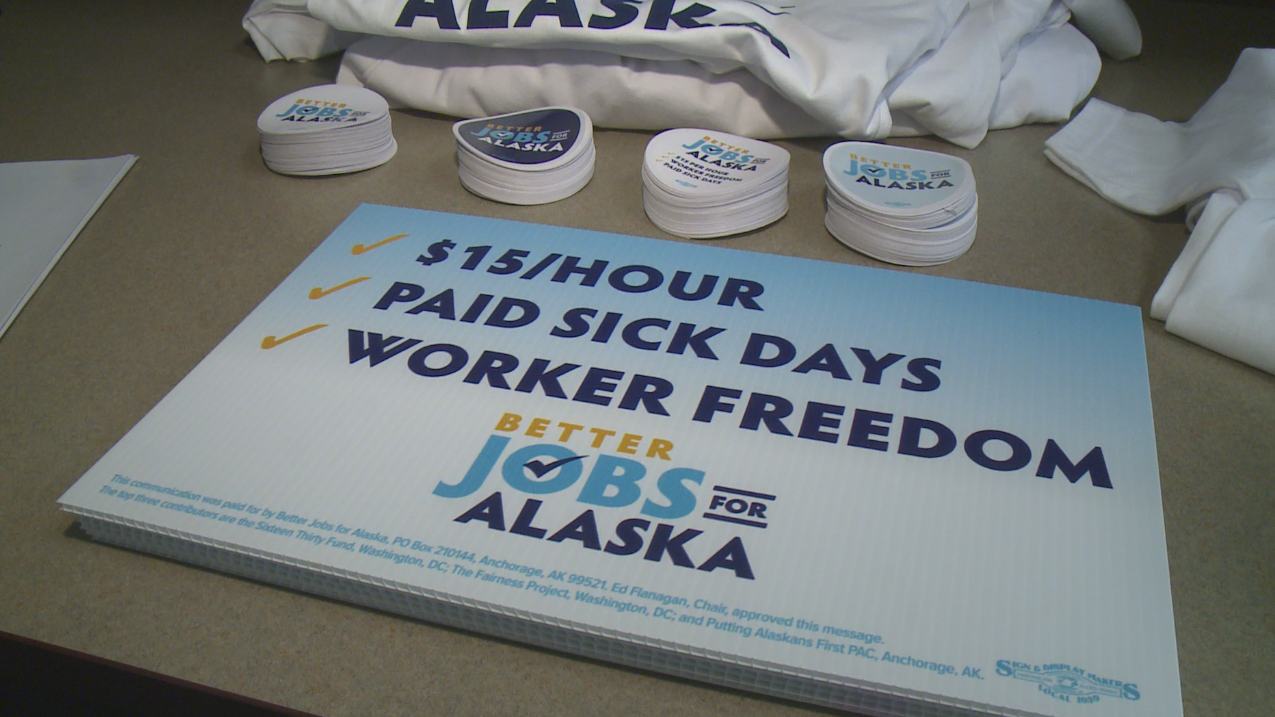It is a new year, and with that comes new employment law and regulation changes on the west coast. Here is a list of updates that become effective or have recently become effective as we roll over into 2022.
Federal
Final Rule on Tip Regulations under FLSA – Employers must compensate tipped employees according to the ’80/20 Rule’ applied by the Fair Labor Standards Act (FLSA). Tipped workers paid below minimum wage and make up the difference in gratuities can only spend 20% of their time doing non-tipped activities. Examples include setting tables, folding napkins, or other opening or closing procedures. Employers must pay any hours over the 20% threshold of non-tipped activities at full minimum wage. In addition, the new rule provides for civil monetary penalties of $1,100 per violation.
ACA Threshold Lowered – The IRS announced that the Affordable Care Act (ACA) benchmark for determining the affordability of employer-sponsored health coverage will shrink to 9.61% of an employee’s household income for the 2022 plan year — a decrease from 9.83% in 2021. In addition, the safe harbor for employee contributions cannot exceed $103.15/month.
1095-B and 1095-C Deadline Extention – The IRS issued regulations allowing employers additional time to provide Forms 1095-B and 1095-C to applicable individuals. Employers now have until March 2nd, 2022, to furnish forms to employees. Notably, the due dates for filing these same forms with the IRS were not extended. Therefore, employers who file electronically must still file with the IRS by March 31st, 2022.
IRS Mileage Reimbursement – The 2022 standard mileage rate increased to 58.5 cents per mile driven for business use. This amount is an increase of 2.5 cents per mile.
California
Wage Theft – This makes the intentional theft of wages, including gratuities, by an employer in an amount greater than $950 from one employee or $2,350 from two or more employees in a 12-month period punishable as grand theft. Independent contractors are also covered for purposes of this new criminal offense.
Protected Time Off – Permits the use of California Family Rights Act (CFRA) Leave to care for a parent-in-law.
Production Quotas – Requires warehouse distribution center employers to provide written descriptions of quotas for employees upon hire. This law prohibits quotas that prevent employees from complying with meal or rest periods or health and safety laws. In addition, this law requires employee time spent maintaining OSHA compliance (including cleaning and maintenance) and participation in safety meetings to be considered productive time.
Nondisclosure Agreements – Prohibits an employer from requiring an individual to sign settlements or non-disparagement agreements relating to unlawful acts in the workplace, including discrimination and harassment.
Subminimum Wage for Disabled – Phases out subminimum wages for persons with disabilities. In addition, it requires all employees with disabilities to be paid no less than the state or local minimum wage by January 1st, 2025.
Oregon
Protected Time Off – Expands applicability of specific provisions relating to family leave to all employers regardless of the number of employees. Employees who must take time off due to a public health emergency (such as COVID-19) due to the closure of schools or childcare facilities will be classified as protected time under Oregon Sick Laws. Employers are permitted to request written verification.
Hiring Discrimination – This makes it unlawful for an employer to require a valid driver’s license from either a current or prospective employee unless a driver’s license is legally required to perform an essential job function or has a legitimate business purpose.
Washington
Wage and Hour Penalties – Allows all employees, except for highly compensated employees as defined by the statute, to place liens on their employer’s real or personal property to satisfy a wage claim.
Non-compete Agreements – Increases the non-compete enforceability threshold to account for inflation using the consumer price index. For 2022, non-compete agreements are unenforceable for workers making less than $107,301.04.
Agricultural Workers Minimum Wage – Agricultural workers can earn overtime starting in 2022. The law includes a three-year phase-in schedule. It incrementally reduces the number of hours agricultural workers need before they receive overtime pay:
- As of January 1st, 2022: 55 hours in a workweek
- As of January 1st, 2023: 48 hours in a workweek
- As of January 1st, 2024: 40 hours in a workweek
*This document simplifies complex information as it is understood by Time Equipment Company. It is not to be taken as legal advice. The guidelines are consistently changing. For further information, please visit irs.gov or your state Department of Labor.










